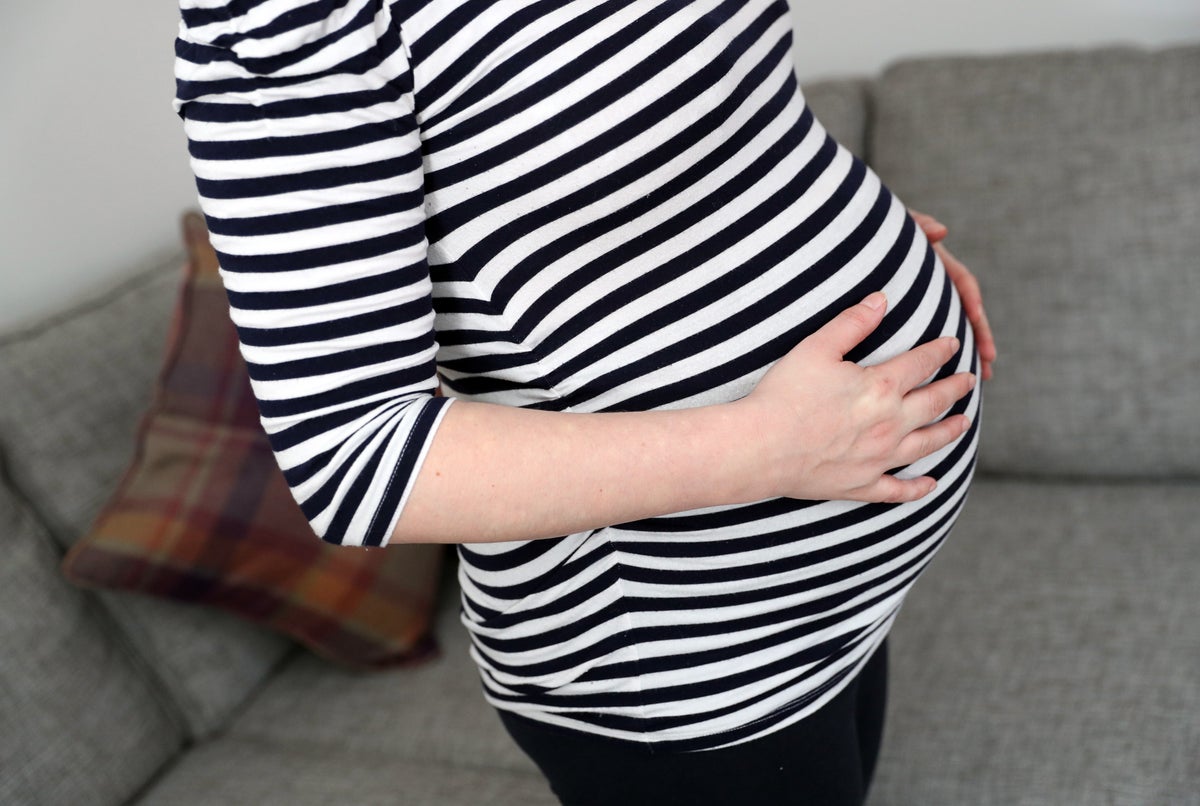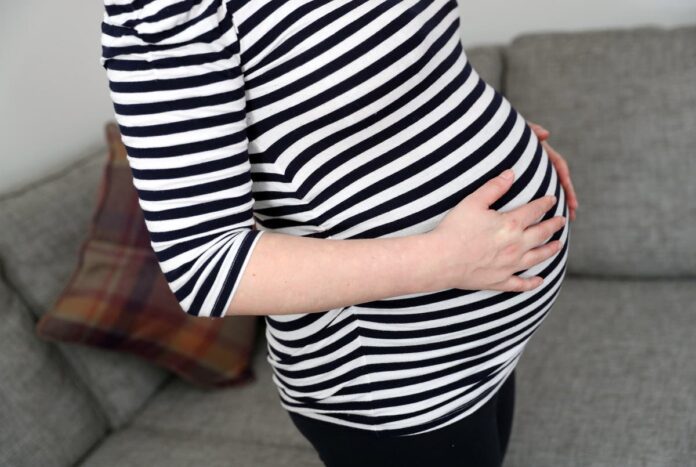[ad_1]

An American couple has shared their “extremely stressful” situation as they fight to bring their surrogate baby home from Mexico more than two months after he was born.
Sam Kaitz, 37 and Laura Kaitz, 52, the New Jersey couple told Washington Post in an interview that their efforts to unite their family with the newborn baby are being impeded by legal issues and complications related to paperwork, making them feel “betrayed” and helpless.
The couple’s son, Simon George Kaitz, was born on 18 April through surrogacy after they hired a reputable surrogacy agency in Mexico through a broker.
What followed later was a series of bureaucratic obstacles, including confusion with paperwork, proof of their relationship with a DNA test and burgeoning expenses.
Mr Kaitz, who is staying with their son Simon in Mexico City in an Airbnb, told the newspaper that: “It has been extremely stressful”.
His wife, Ms Kaitz wanted to have another child in addition to her two sons from a previous marriage. One of her sons has autism so she has to stay with him, the couple said.
Mr Kaitz said the situation has landed him in a state of limbo as the autistic son told her mother that “he doesn’t think that I care about him anymore because I’m down here and not with him and he feels abandoned, which breaks my heart because that is not true”.
Ms Kaitz “cries every day” over the fact that their family is apar, Mr Kaitz said.
“When she’s here, she cries because she’s away from her [other] two children. When she’s there, she cries because she’s away from us,” he said.
The Kaitz family’s situation highlights the challenges of pursuing surrogacy in Mexico, where lower costs attract prospective parents despite the lack of a legal framework for foreigners in this regard.
This is despite the US government warning would-be parents of “no legal framework” for foreigners in Mexico to pursue surrogacy.
“If you decide to pursue parenthood in Mexico via assisted reproductive technology (ART) with a gestational mother, be prepared for long and unexpected delays in documenting your child’s citizenship,” the US Embassy in Mexico said in a 2021 notification.
Mr Kaitz said they knew about the challenges of having a baby in Mexico but they were assured by their agency that the information was outdated and things were better now.
The couple was told by the agency that both their names would be on the child’s birth certificate – a promise that Ms Kaitz was “very excited about” as it would mean “I am his mother and nobody else”, Mr Kaitz said.
The surrogacy cost them $65,000 and now an additional $70 per day for lodging expenses in Mexico City besides legal expenses.
Mr Kaitz said he is trying to stay numb to the stressful situation. He said: “If I don’t I will either break down or start screaming at someone.”
“And I cannot afford to feel right now. Not when Simon is depending solely on me.”
He is now waiting for the DNA test results after the embassy refused to accept their documents and gave a list of documents needed.
[ad_2]






